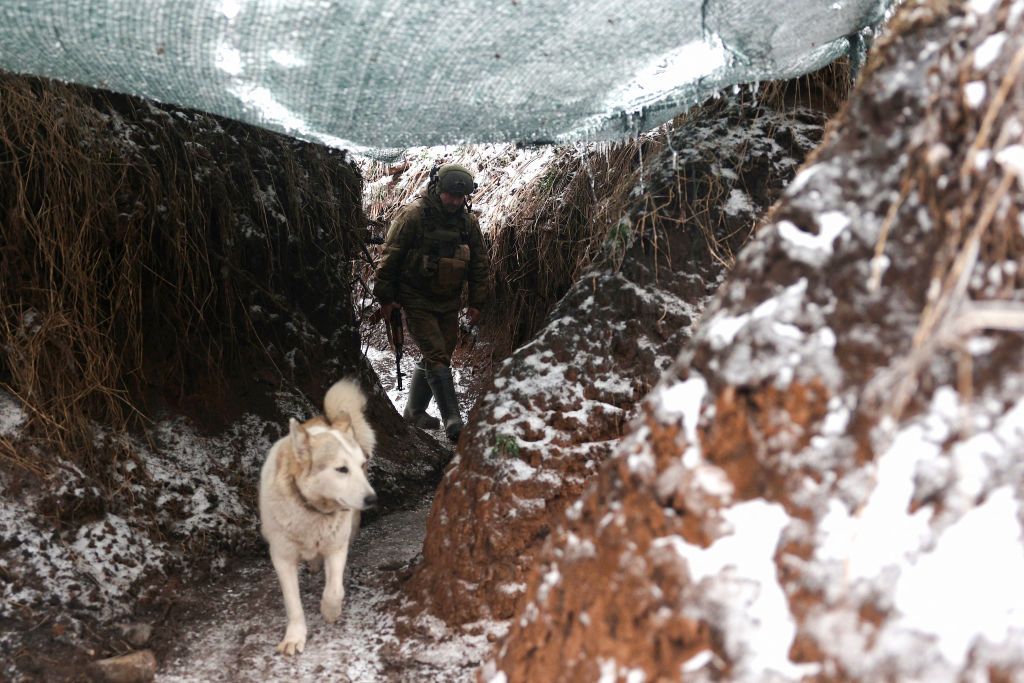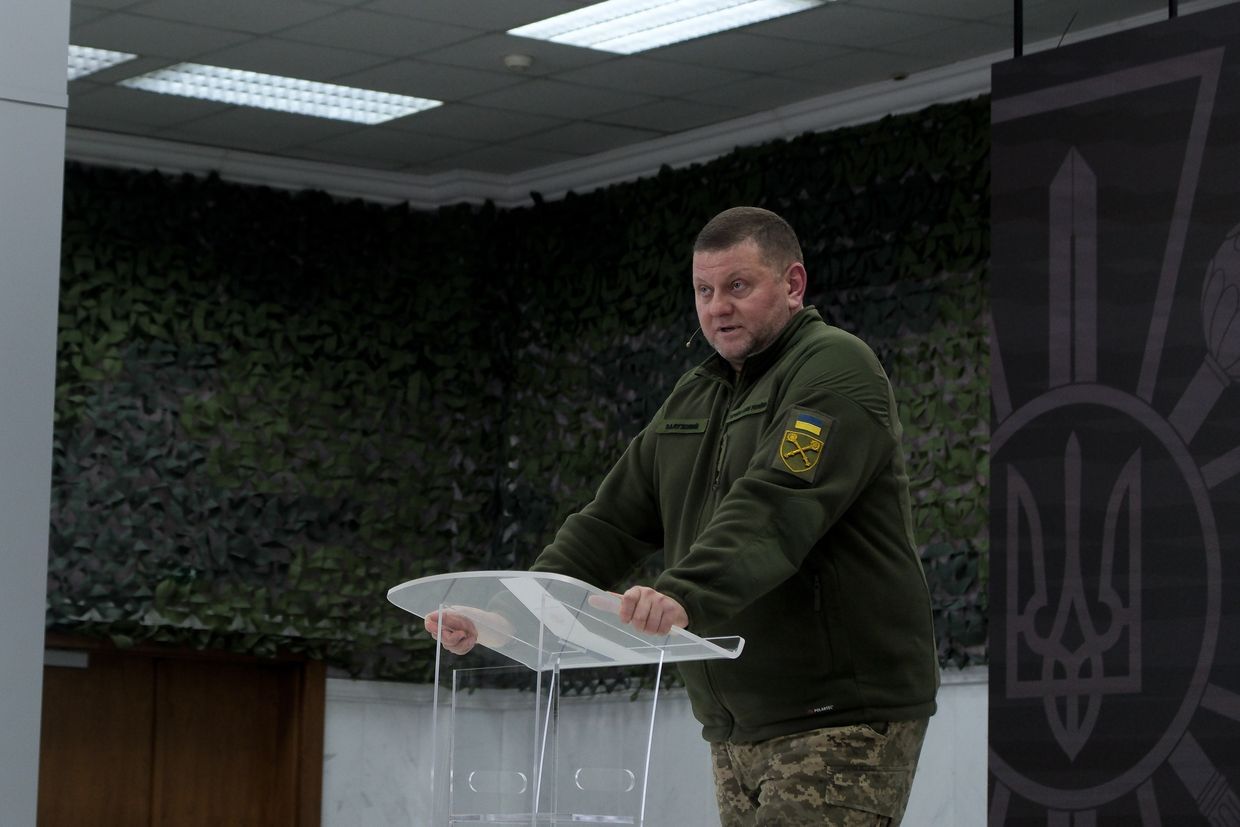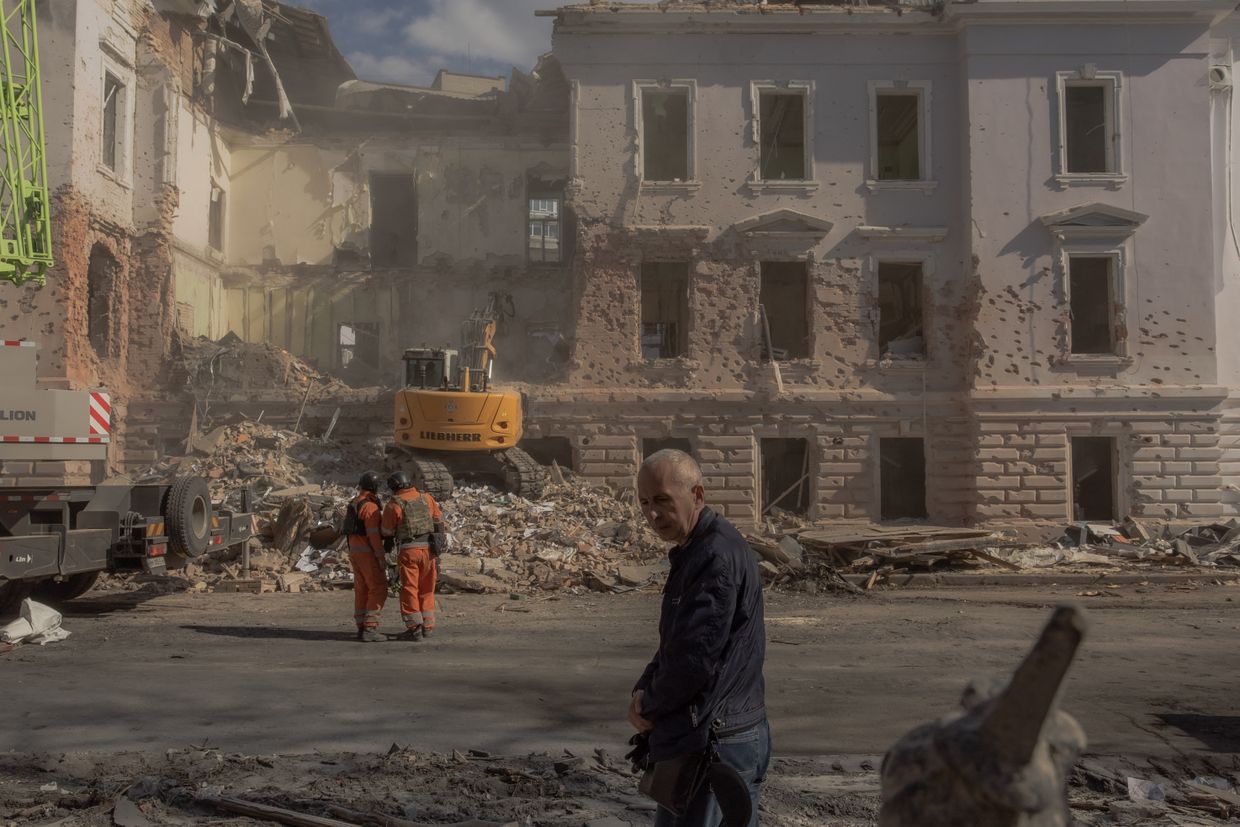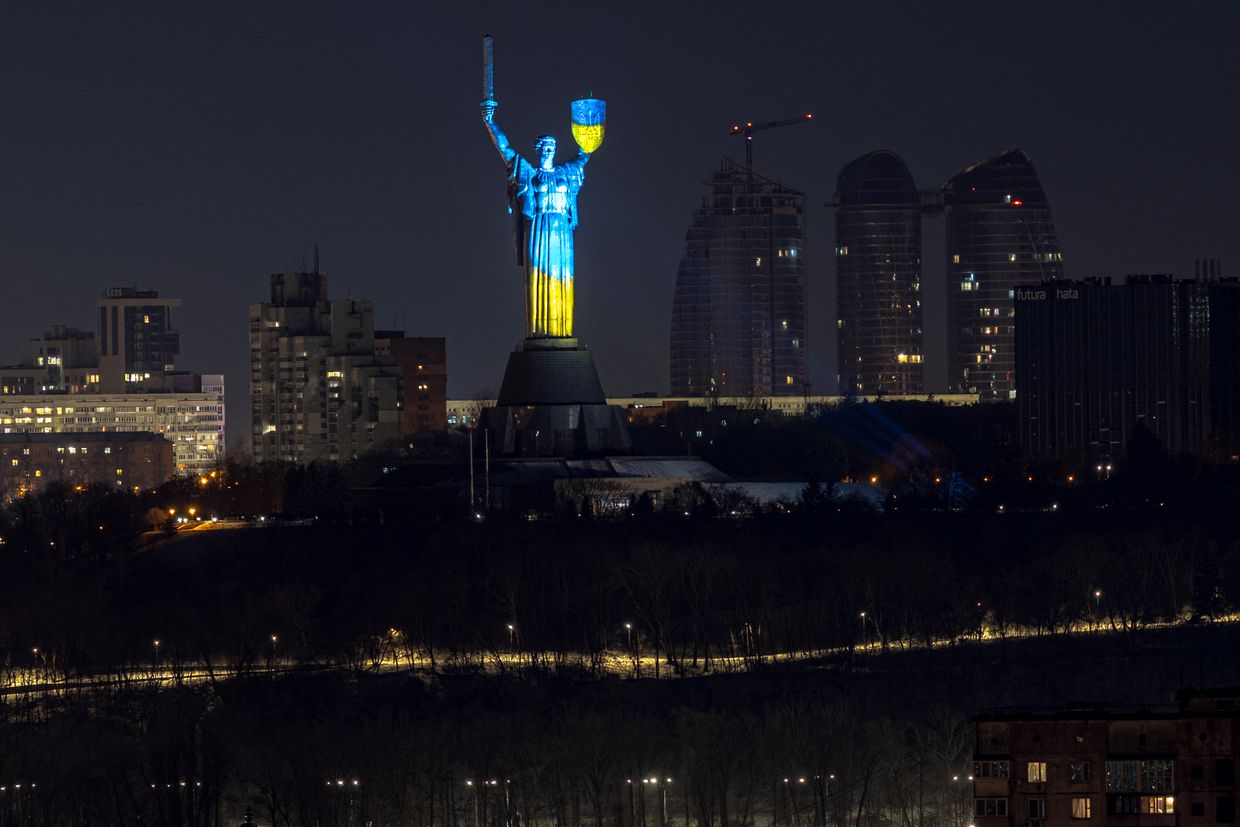Ukraine’s Commander-in-Chief Valerii Zaluzhnyi said on Dec. 26 that the military had not submitted a formal request for the mobilization of 500,000 people.
On Dec. 25, David Arakhamia, head of President Volodymyr Zelensky's Servant of the People faction in parliament, said that the military command had submitted a request to the government to mobilize 500,000 conscripts.
Meanwhile, Zaluzhnyi also said that the military had a plan on the number of mobilized conscripts for 2024.
“As for this number, we have generated it for the next year, it of course takes into account the coverage of the current kit, the formation of new military units, and also the projection of our losses that we may suffer in 2024. I can't divulge the numbers for each of these indicators. This is a military secret,” he said at a news briefing.
Speaking about the Cabinet's draft law regarding amendments to the mobilization process, Zaluzhnyi said that he is not involved in the decisions of who can be deferred from recruitment.
“There are central executive authorities for that which can determine it,” he said.
He stressed that two concepts will be left in the legislation: someone who is fit for military service and someone who is not, instead of having the middle point “partially fit”, which includes people with certain levels of disabilities.
Zaluzhnyi called for stopping the use of disability categories for mobilization and conscription. He said that medical commissions should determine whether someone is fit for service regardless of official disability categories.
Zaluzhnyi also welcomed the idea of electronic summonses for conscripts, which Defense Minister Rustem Umerov proposed last week.
“We are happy with any way that will meet our demand for personnel,” he said.
The draft law also proposes the rotation of military personnel on the front line every six months.
But Zaluzhnyi opposed the idea as the situation on the front remains unpredictable and would require double the necessary number of soldiers.
“I cannot predict whether it will be six months, five months, three months. The situation can be completely different,” he said. “If people propose a 6-month rotation, they should understand that the number of soldiers needs to be at least doubled.”
The Cabinet bill also envisages discharging mobilized conscripts after 36 months of service unless they want to continue serving voluntarily.
The commander-in-chief said that the military had agreed to the 36-month limit only if there are no escalations on the front and if there are people who can replace the demobilized conscripts.
Zaluzhnyi also said he was unhappy with the work of military enlistment offices.
"As far as military enlistment offices are concerned, frankly speaking I'm not satisfied with their work yet," he said.
Speaking about what the war will look like in 2024, Zaluzhnyi said that it would be very different from 2023.
"In the 21st century, the development of science, weapons, and military equipment will undoubtedly lead to changes in tactics," he said.
He said that the war in 2024 "must differ" from 2023 because otherwise "we can expect what I wrote about in the article to happen."
Zaluzhnyi was referring to his November article in the Economist in which he said the conflict was turning into a war of attrition and the only way to win it is through high technology.
"For about 90% of (the problems of the war) we have found solutions that will help us act more efficiently, and more importantly, save the lives of our people," he said.
He added that "our enemy is not far behind us, you can see what is going on in the last days especially, that there is a pretty even competition in terms of the use of technology, but we are not letting up in this effort."













